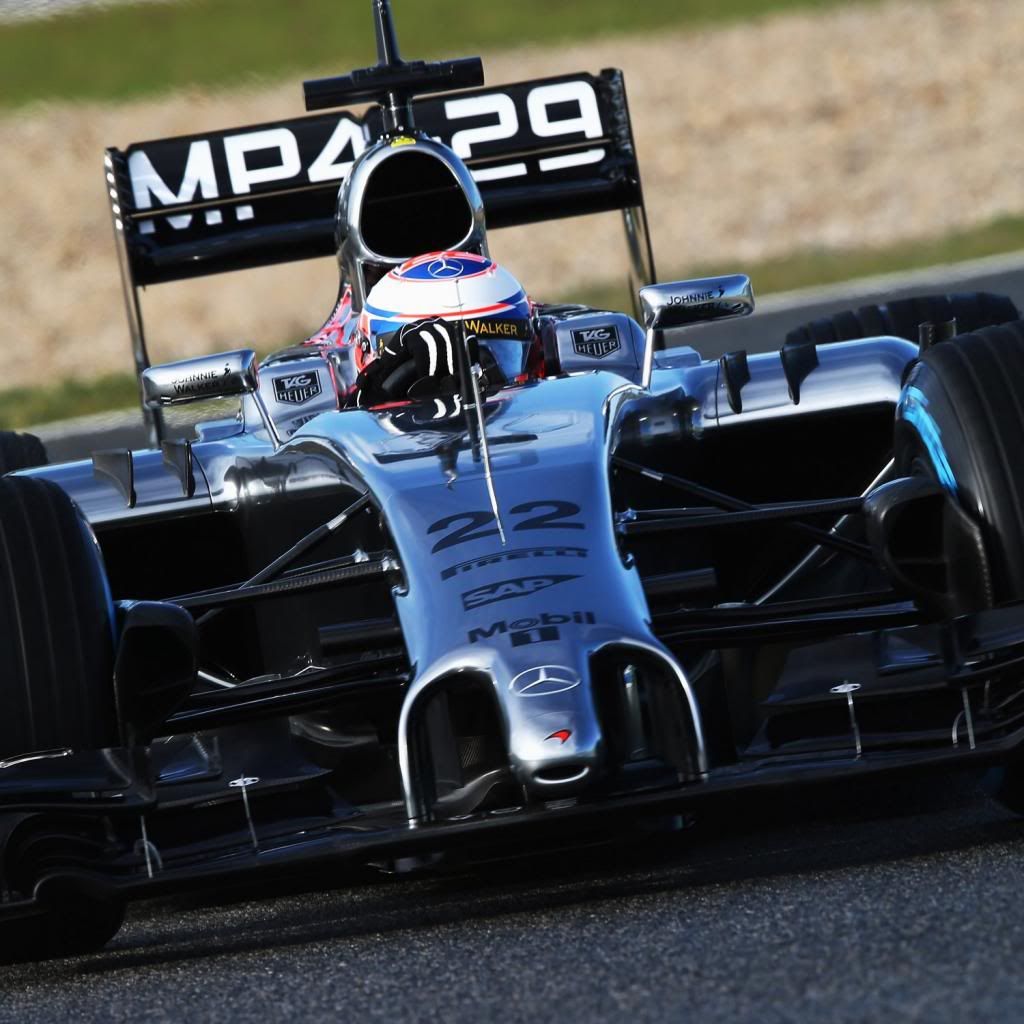bhallg2k wrote:Nobody will buy Pirelli tires because they see a picture of Lewis Hamilton leaning against a stack of Pirelli tires. Nor will they buy Pirelli tires because they're used in F1. It just doesn't work that way. Something must set the endorsement from him, or whoever/whatever, apart from all the rest.
Why was Gatorade's "Be Like Mike" ad campaign with Michael Jordan so successful? It implied that if you drank Gatorade, you could play basketball like Michael Jordan, i.e., you could beat everyone.
It does work that way.
Have a read straight from Bridgestone as to why they first entered F1..
http://mshistory.bridgestone.co.jp/en/prologue/1996/ and take note nowhere in their corporate objectives was there mention of 'winning', only participating. From the horse's mouth, that must tell you what is more important for these companies on a corporate marketing level; brand awareness, not winning.
Their internal competitive spirit/ego drove their desire to win, not their aim to dominate the European market.

bhallg2k wrote:Michelin understood that in order for their involvement in F1 to be commercially successful, something had to set them apart else their involvement wouldn't matter. That something was competition against another tire manufacturer. That's one of the reasons why they didn't even bother to submit a tender offer for the contract to be the exclusive tire provider for F1. Bridgestone learned this lesson, too. That's why they left the sport.
You realise Michelin actually did bid for the current F1 contract? The FIA president actually endorsed them, before Bernie renegotiated under Todt's nose and got a better deal with Pirelli.
Bridgestone left because they had reached the inevitable plateau in global brand awareness & targeted market penetration. Their aimed ROI was reached. Yet they still bid for the current tyre contract too.
Pirelli, Michelin & Avon were the final three official tenders. With Bridgestone & Kumho being the first to have their tenders rejected.
bhallg2k wrote:The psychology behind these kinds of endorsements is rooted in the idea that they denote an ability to share the success of whoever/whatever is endorsing them.
Exactly right. And there are two types of success we are talking about sharing in: 1) Winning. 2) Being a part of Formula 1.
Either works for marketing your brand. The first matters to the fan. The second works for the rest of the world (as Bridgestone noted).
Although in one sense we disagree, fundamentally we're saying the same thing. Brands are in F1 to look successful. How we define that is different i guess. You look at it only at a fan level, others see if from a global market perspective. That's fine. We just need to be open to both.



